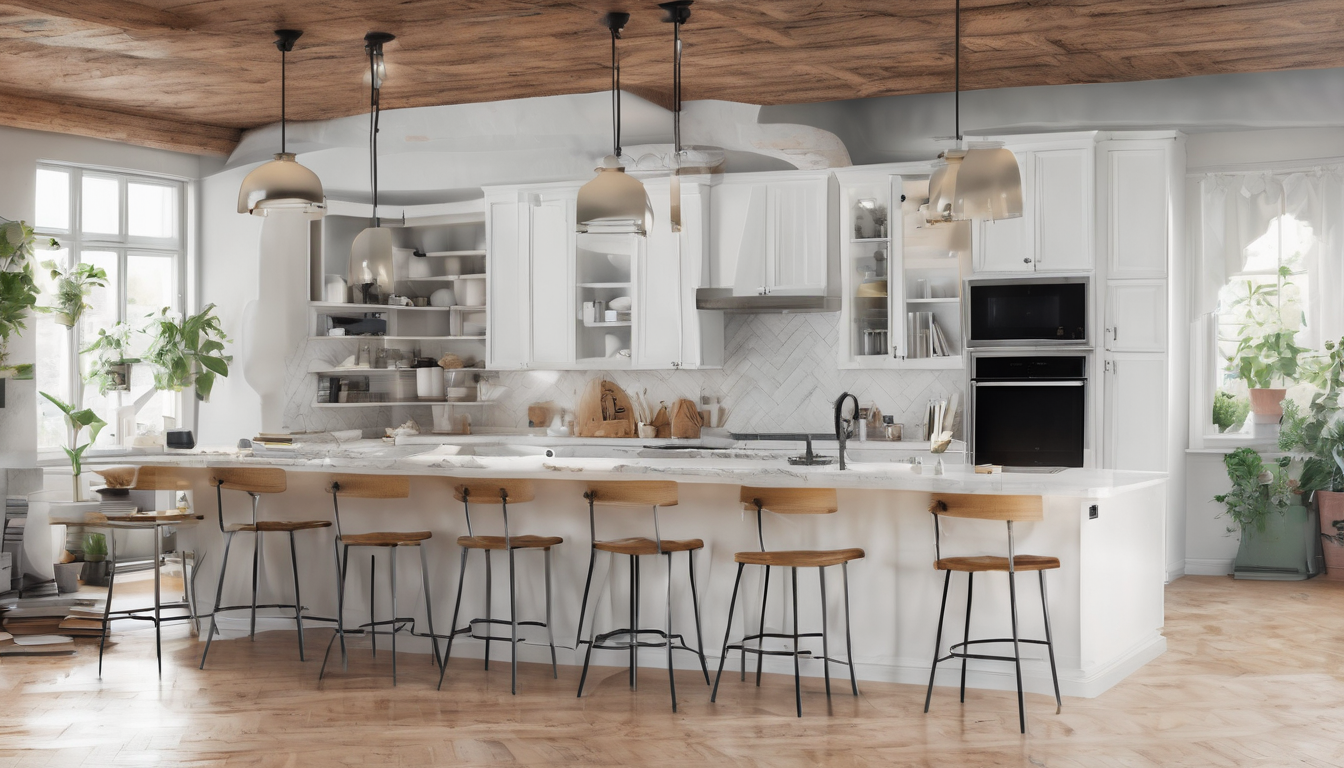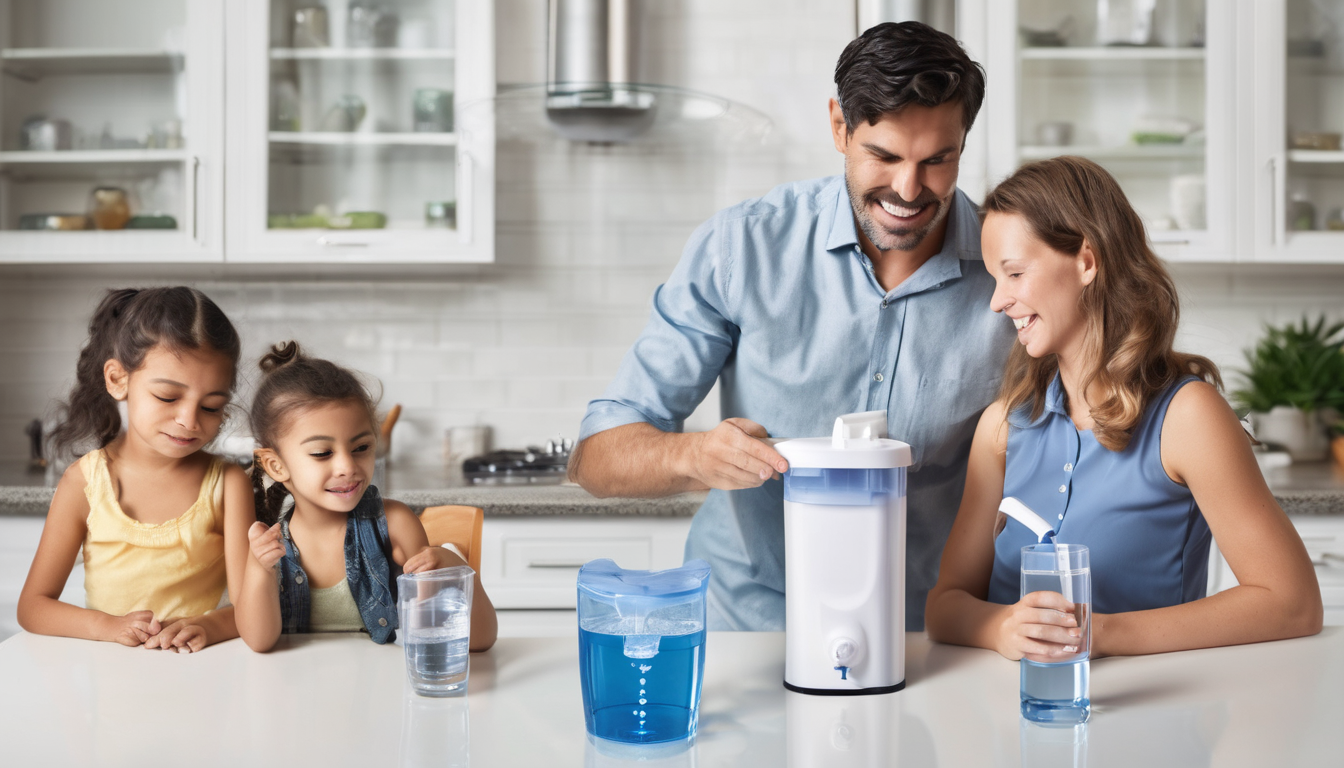The use of water filtration systems in commercial applications such as the foodservice and beverage industry or restaurants has been gaining significant importance in recent times. There are two primary benefits in using water filtration system for restaurants: equipment maintenance and better quality, taste, and safety for food products. Additionally, use of water filtration systems also help in reducing the hazardous impacts of using plastic bottled water and thus eventually reducing the carbon footprint. The restaurant industry (food service, coffee shops, cafes, etc.) depend upon provision of clean and fresh water for their daily business. It is imperative to control water quality in order to maintain brand identity and customer loyalty. There are a number of contributing factors that can cause water quality variability – location, treatment process adopted by the water utility of the region, pipe material of the distribution system, to name a few. The presence of high dissolved minerals, use of disinfectants, presence of particulate matter, residue bacteria can result in scaling on internal parts, and corrosion of metal surfaces of the equipment. Therefore having consistent good water quality is essential in maintenance of restaurant equipment.
Customer experience is of utmost importance especially in the restaurant business. High-quality food service to ambiance to server interactions every detail matters in this competitive market where the customer has a plethora of options to choose from for a good dining experience. However, if the tap water at the restaurant smells like chlorine or if customers experience a bitter-tasting coffee, it impacts the impression of the restaurant negatively. Lastly, use of plastic bottled water is not just a hazard to public health due to release of harmful chemicals such as BPA (Bisphenol A) present in plastics but also an environmental hazard posing severe threat to the ocean and marine life. Although plastic is recyclable, only 20 percent is recycled due to lack of public awareness resulting in the remainder of the plastic being disposed either into the land or oceans and other water bodies. In addition to the health and environmental impacts, bottled water is also more expensive than filtered water. This article discusses the different types of filtration solutions available for restaurant (food service, beverage applications) owners.
TYPES OF WATER FILTRATION SYSTEMS FOR FOODSERVICE AND BEVERAGE APPLICATIONS
There are various types of water filtration systems available in the market depending upon the type of foodservice or beverage application. Various commercial kitchen filtration systems can target specific issues from single-application systems improving the quality of ice water or coffee to multi-application systems that can expand filtration to include steam and other equipment. By diagnosing the water issues and applying the proper filtration measures, restaurant owners can reduce water-related beverage quality issues and enjoy greater customer satisfaction. Following are some of the different range of food service and beverage application products manufactured by 3M.
-
Ice Water Filtration Systems
– excess chlorine residual and scale build-up can result in clogging of distribution tubes, result in corrosion and thus increase maintenance cost of the equipment. These systems help in reducing taste and odor and particulate issues. It also helps inhibition of scale build-up.
-
Coffee and Hot Tea Water Filtration Systems
– excess chlorine and organic residual can result in bitter taste of beverages such as coffee. Additionally, the scale build-up and chlorine residue can reduce the life span of the equipment. The filtration systems help in maintaining beverage quality and consistency.
-
Cold Beverage Water Filtration Systems
– excess particulate can result in clogging of the equipment. The filtration systems help in reducing particulates and taste and odor issues.
-
Espresso Water Filtration Systems
– excess chlorine can oxidize the parts and fittings of the espresso machine. The hardness can form scale which could result in lower life span and bitter-tasting beverages. This can be eliminated using filtration systems.
-
Multi-Equipment Water Filtration Systems
– providing filtered water to a variety of equipment can require different water characteristics such as flow, pressure, capacity, etc. The multi-equipment filtration systems provide the benefits of individual equipment filtration in a single compact package.
-
Reverse Osmosis Water Filtration Systems
– excess scale build-up can result in increased energy consumption or blocked drains, excessive chlorine may result in corrosion and thus increase maintenance cost of the equipment. The reverse osmosis filtration systems are designed to reduce scale in a cost-effective manner.
-
Chloramine Reduction Water Filtration Systems
– chloramines can be corrosive and damage any equipment that uses water. Chloramine reduction water filtration systems use activated carbon to reduce taste and odor and corrosion issues caused by chloramine.
The above discussion concludes that water filtration systems not only provide great health and taste benefits to the foodservice and beverage industry but also help in reducing carbon footprint by providing eco-friendly alternative to bottled water. However, selecting the adequate filtration device that meets the needs and requirements of the consumers can be a challenging task especially with the myriad of options available in the market. Be it for home or commercial purposes, Saniwater filtration experts can provide adequate filtration solutions after understanding the specific needs of the consumers. The requirements for each consumer can vary depending upon number of factors such as water quality of the region, material and age for the distribution system pipes that carry the water from the plant to the consumer, specific health needs of the consumers based on any pre or existing health conditions, etc. Saniwater offers a broad range of filtration solutions. Additionally, Saniwater also provides cleaning and disinfection services for water storage tanks and HVAC units. Customers can thus get a comprehensive package of clean and high-quality air and drinking water at their disposal.
REFERENCES
https://www.transparencymarketresearch.com/water-purifier-market-2017-2025.html
https://multimedia.3m.com/mws/media/563001O/3m-water-filtration-products-product-portfolio.pdf
https://www.3m.com/3M/en_US/food-service-us/resources/resources-articles/high-cost-low-water-quality/
https://www.3m.com/3M/en_US/water-quality-us/applications/commercial-food-service-water-filtration/
http://www.liquidblue.me/blog/importance-of-water-filtration-system-for-your-restaurants-dubai-uae/
https://www.pentair.com/en/products/commercial-water-treatment.html
http://blog.etundra.com/get-equipped/water-filtration


